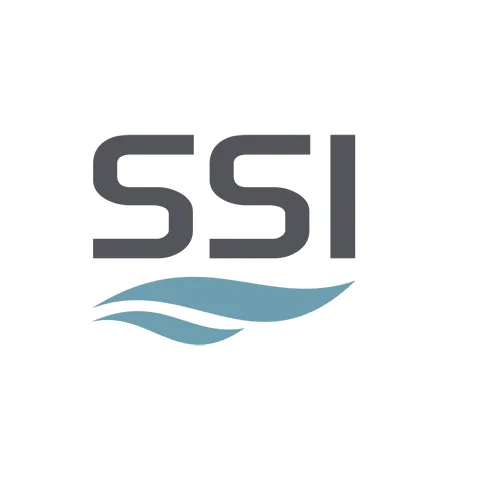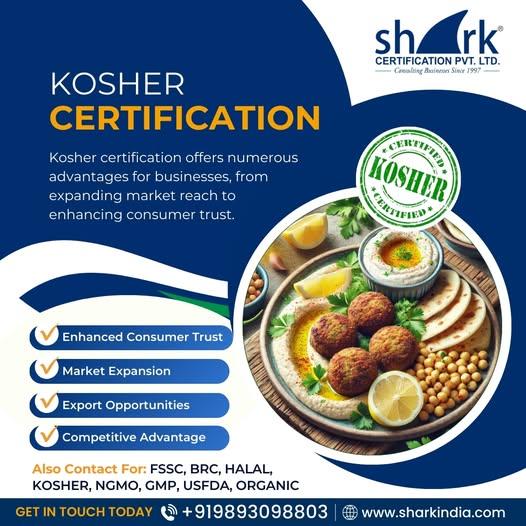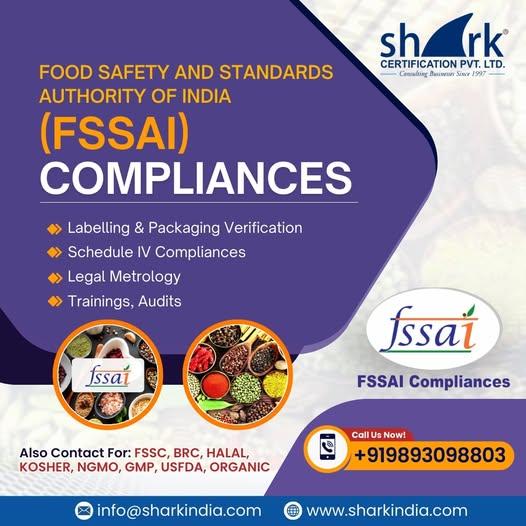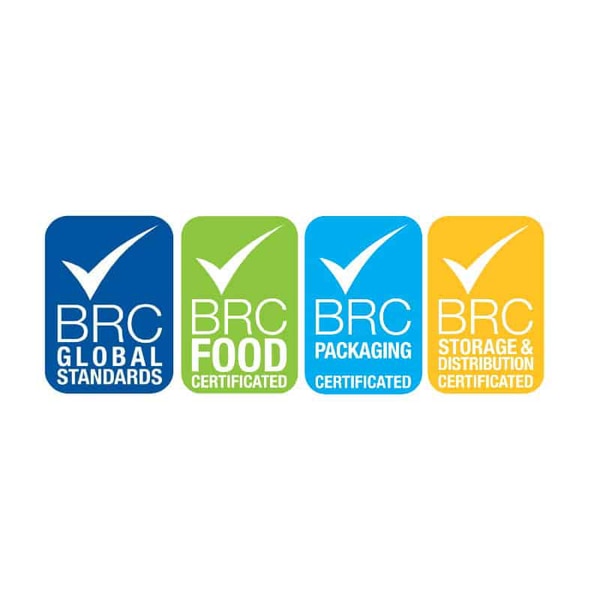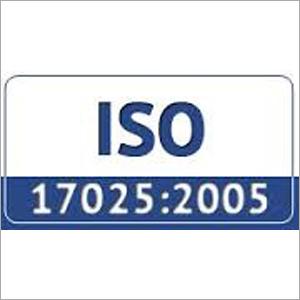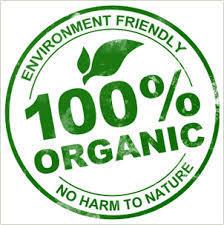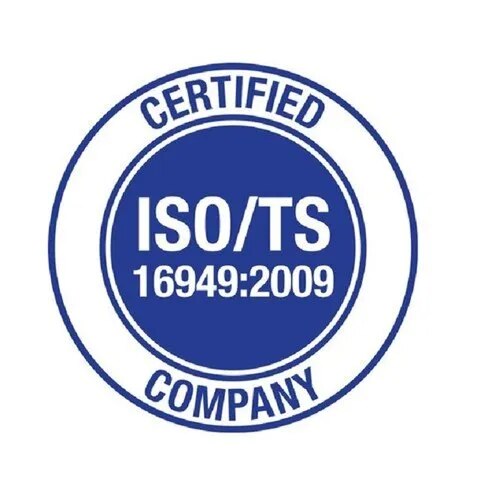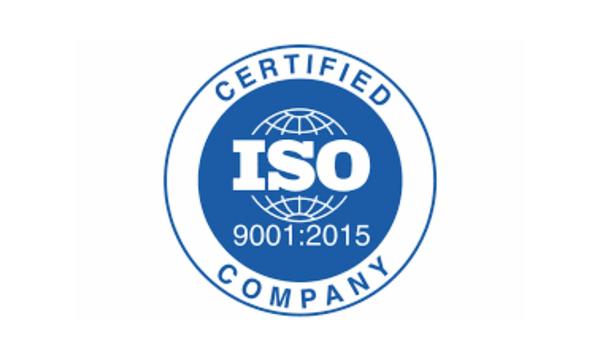Small Scale and ancillary units (i.e. undertaking with investment in plant and machinery of less than Rs. 10 million) should seek registration with the Director of Industries of the concerned State Government. What Is The Benefit Of Registering With SSI? The registration scheme has no statutory basis. Units would normally get registered to avail some benefits, incentives or support given either by the central or state government. The regime of incentives offered by the centre generally contains the following : Credit prescription (Priority sector lending), differential rates of interest etc Excise Exemption Scheme Exemption under Direct Tax Laws Statutory support such as reservation and the Interest on Delayed Payments Act States/UTs have their own package of facilities and incentives for small scale. They relate to development of industrial estates, tax subsidies, power tariff subsidies, capital investment subsidies and other support. Both the centre and the state, whether under law or otherwise, target their incentives and support packages generally to units registered with them. What Are The Objective Of Registration Scheme Of SSI? They are summarized as follows : To enumerate and maintain a roll of small industries to which the package of incentives and support are targeted. To provide a certificate enabling the units to avail statutory benefits mainly in terms of protection. To serve the purpose of collection of statistics. To create nodal centers at the Centre, State and District levels to promote SSI What Are The Features Of Scheme in SSI? Features Of The Scheme Are As Follows : DIC is the primary registering centre Registration is voluntary and not compulsory Two types of registration are done in all States. First, a provisional registration certificate is given. And after that, commencement of production, a permanent registration certificate is given. PRC is normally valid for 5 years and permanent registration is given in perpetuity. What is Provisional Registration Certificate (PRC)? This is given for the pre-operative period and enables the units to obtain the term loans and working capital from financial institutions/banks under priority sector lending. Obtain facilities for accommodation, land, other approvals etc. Obtain various necessary NOC’s and clearances from regulatory bodies such as Pollution Control Board, Labour Regulations etc. Permanent Registration Certificate Enables The Unit To Get The Following Incentives/Concessions Income-Tax exemption and Sales Tax exemption as per State Govt. Policy Incentives and concessions in power tariff.Price and purchase preference for goods produced Availability of raw material depending on existing policy Permanent registration of tiny units should be renewed after 5 years What is Procedure for Registration of SSI? Features of the present procedures are as follows : A unit can apply for PRC for any item that does not require industrial license which means items listed in Schedule-III and items not listed in Schedule-I or Schedule-II of the licensing exemption notification. Units employing less than 50/100 workers with/without power can apply for registration even for those items that are included in Schedule-II. Unit applies for PRC in prescribed application form. No field enquiry is done and PRC is issued. PRC is valid for five years. If the entrepreneur is unable to set up the unit in this period, he can apply afresh at the end of five years period. Once the unit commences production; it has to apply for permanent registration on the prescribed form. The Following Form Basis Of Evaluation The unit has obtained all necessary clearances whether statutory or administrative. E.g. drug license under drug control order, NOC from Pollution Control Board, if required etc. Unit does not violate any location restrictions in force, at the time of evaluation. Value of plant and machinery is within prescribed limits. Unit is not owned, controlled or subsidiary of any other industrial undertaking as per notification. What Is Requirement For Application Of SSI? Detail Of Application Form As Per Below : Applicant’s name & address Company/Industries name & address Name of products/Item Coast of Machineries

